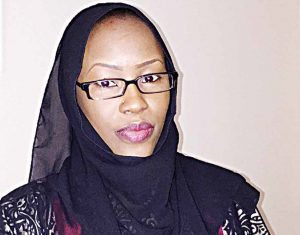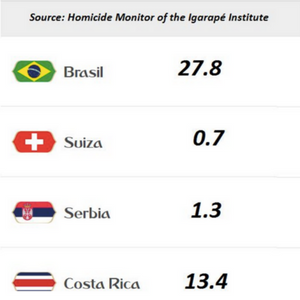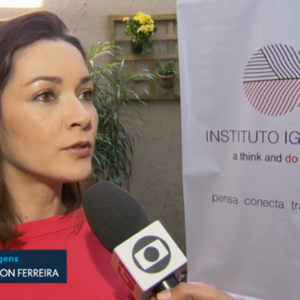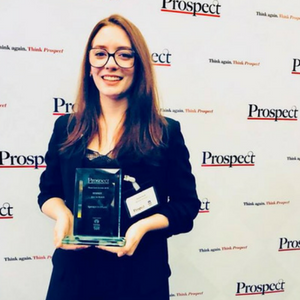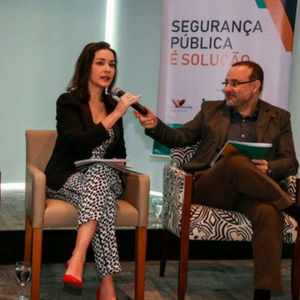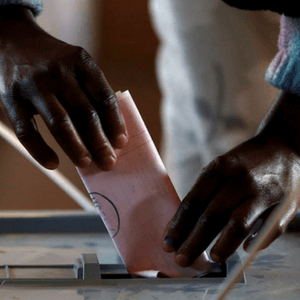
New States of Fragility report launched
The Igarapé Institute contributed to a new OECD report on States of Fragility. Co-founder and research director Robert Muggah contributed a section on fragile cities – with the report launched at a High Level Panel in New York in July.



